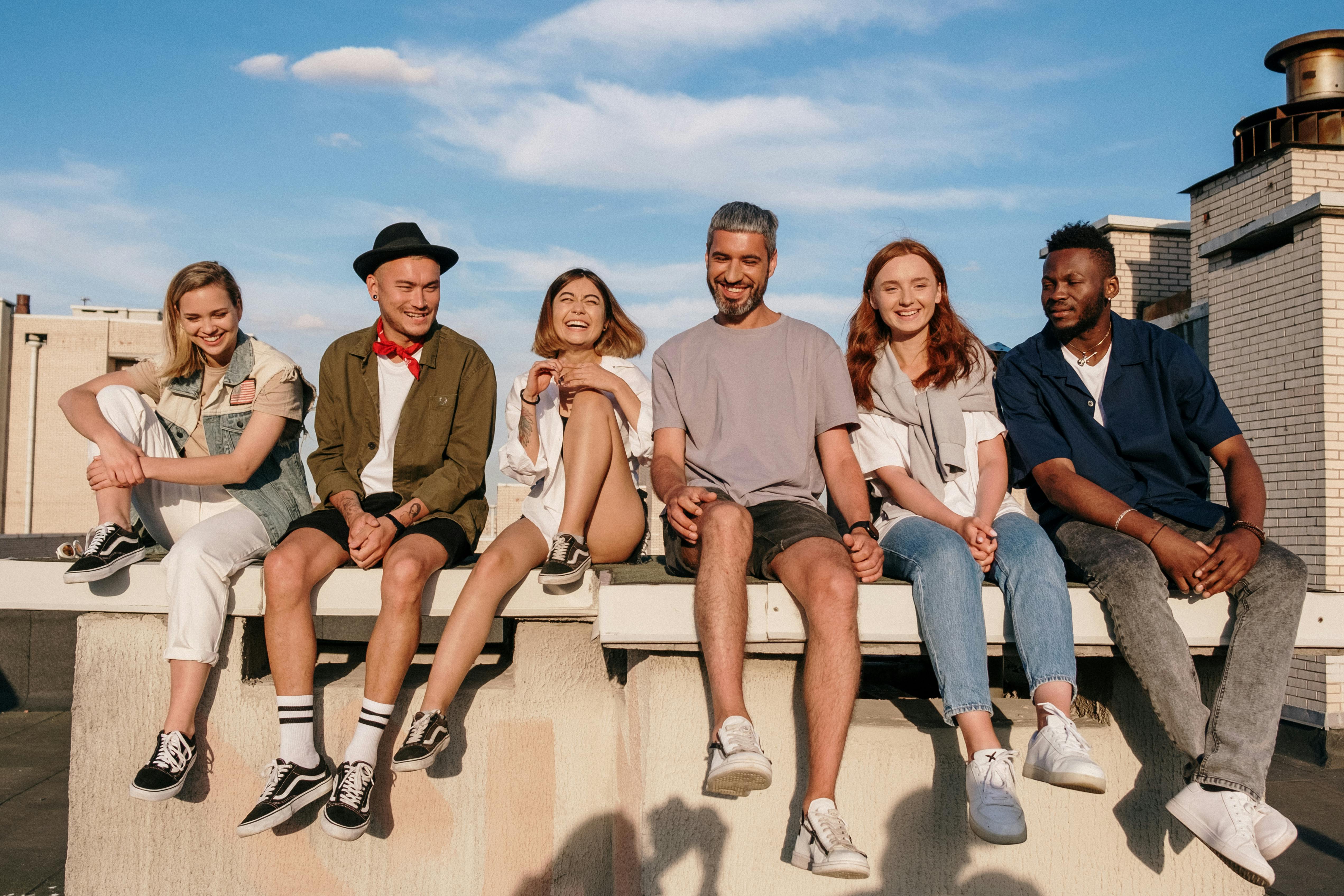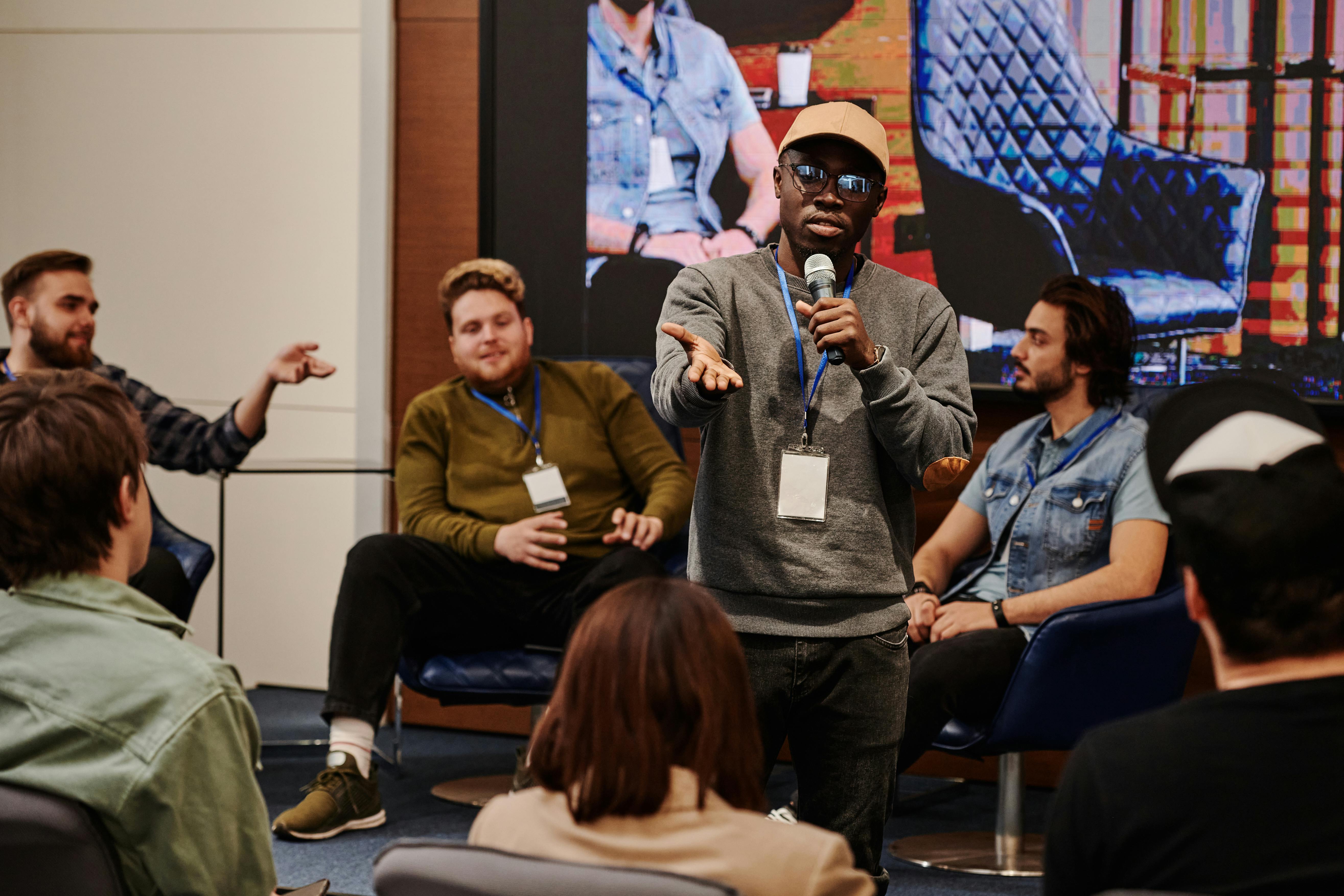Empowering Connections: Social Groups for Young Adults with Disabilities in Australia
Introduction
In Australia, young adults with disabilities often face many challenges. These challenges can lead to feelings of isolation, loneliness, and disconnection from their peers and the wider community.
These challenges can significantly impact their mental health and overall quality of life. Social groups made for this demographic are important for solving these issues. They help create a sense of community, build friendships, and improve overall well-being.
This article explores the importance of social groups. It highlights different types, like recreational clubs, support networks, and skill-building workshops.
We will also look at how these groups help young adults with disabilities. They provide chances for personal growth, social interaction, and a stronger sense of belonging in society.
The Importance of Social Interaction
Building Relationships
Social interaction is crucial for everyone, but it takes on an even greater importance for young adults with disabilities. Engaging with peers not only helps in the development of essential social skills but also significantly boosts self-esteem and fosters a strong sense of belonging within a community.
Social groups serve as a safe and supportive environment where individuals can connect with others who share similar experiences and challenges.
These interactions can lead to meaningful friendships, provide opportunities for personal growth, and enhance overall well-being. By participating in these groups, young adults with disabilities can navigate social situations more confidently and build a network of support that enriches their lives.

Mental Health Benefits
Engaging in social activities can have a profound and positive impact on mental health and overall well-being. For young adults living with disabilities, the challenges of anxiety and depression can be particularly pronounced, often leading to feelings of isolation.
By actively participating in social groups and community events, these individuals can effectively combat loneliness and foster meaningful connections with others.
Building supportive relationships is crucial, as it not only enhances their emotional resilience but also contributes significantly to their overall quality of life and mental wellness.
Types of Social Groups Available
Community-Based Organizations
In Australia, many community organizations help young adults with disabilities. They offer social groups that meet their needs. These groups provide a wide range of activities. These can include fun outings and helpful workshops. These workshops focus on building skills and personal growth.
The main goal of these initiatives is inclusivity. They want every participant to feel welcome and valued in the community. These organizations create a supportive environment. This helps young adults with disabilities improve their social lives and well-being.
Online Social Platforms
As technology advances quickly, online social platforms have become very popular in our daily lives. These virtual communities give young adults with disabilities a chance to connect with peers from all over the country. This helps create a sense of belonging and friendship.
Online forums and social media groups are valuable places. People can share their experiences, give advice, and support each other.
This digital environment not only facilitates meaningful interactions but also empowers individuals to engage and participate in discussions without the constraints of geographical limitations. Ultimately, these platforms play a crucial role in enhancing social connections and promoting inclusivity.
Interest-Based Clubs
Interest-based clubs are made for people with specific hobbies or passions. These can include art, music, sports, and more. These clubs have two main goals. First, they help members socialize with each other. Second, they support personal growth and skill development in their interests.
For young adults, these clubs offer a great chance to explore their interests. They provide a supportive space to connect with others who have similar passions.
Engaging in these clubs can lead to lasting friendships and a deeper understanding of one's own abilities and interests.
How to Find Social Groups
Local Resources
Finding social groups for young adults with disabilities in Australia can be easy. Start by contacting local community centers or disability support organizations.
These valuable resources often maintain comprehensive lists of available groups and activities designed to foster social connections and engagement.
They can also give expert advice on how to get involved. This helps you find what works best for your interests and needs. By using these networks, you can improve your social life and create meaningful relationships in your community.
Online Searches
The internet is a valuable tool for discovering social groups. Websites dedicated to disability support often feature directories of local and online groups. Social media platforms can also be useful for finding and joining relevant communities.
The Role of Family and Caregivers
Encouragement and Support
Family members and caregivers play a crucial role in encouraging young adults with disabilities to participate in social groups. Their support can help individuals overcome initial hesitations and foster a sense of confidence in engaging with others.
Involvement in Activities
Families can also get involved by participating in activities alongside their loved ones. This involvement strengthens family bonds. It also shows the importance of social connections. This encourages young adults to embrace these opportunities.
Success Stories
Transformative Experiences
Many young adults with disabilities have shared transformative experiences resulting from their participation in social groups. These stories highlight the positive impact of community engagement on personal growth, friendships, and overall happiness.
Building Lifelong Friendships
Through social groups, individuals have formed lifelong friendships that extend beyond the activities themselves. These connections provide ongoing support and companionship, enriching their lives in countless ways.
Conclusion
Social groups for young adults with disabilities in Australia are important. They help build connections, improve mental health, and support personal growth.
By providing a supportive environment, these groups empower individuals to build relationships and engage with their communities.
As people understand the importance of social interaction, we must support these efforts. It is vital to ensure that all young adults with disabilities can thrive.


